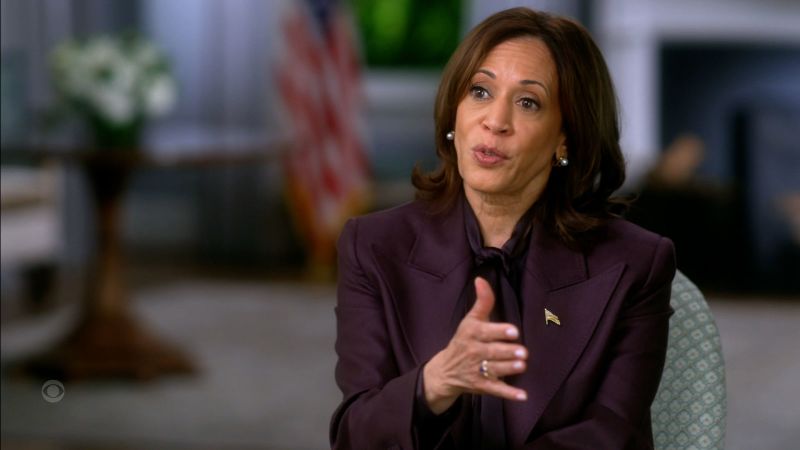Read for 4 minutes (Reuters) – BENGALURU (Reuters) – A majority of economists polled by Reuters thought that short-term bets on the dollar should be raised, but they were split on how long the greenback’s positive trend would last and predicted that its attractiveness would fade in a year. On June 11, 2021, a man counts US dollar bills at a currency exchange shop in Beirut, Lebanon. Mohamed Azakir/Mohamed Azakir/Mohamed Azakir/Mohamed Aza Following the Federal Reserve’s surprisingly hawkish forecast at its June meeting, the dollar snapped a two-month losing trend and gained roughly 3% against a basket of currencies last month, its best monthly performance in four and a half years. The spread of the extremely contagious Delta version of COVID-19, which is threatening the global system, has also bolstered the dollar and other safe-haven assets, like as Treasuries and the yen. Still, a poll of over 70 foreign exchange analysts conducted between June 28 and July 1 predicted that the US currency will drop versus most major currencies in the next 12 months, a prediction that has been held for well over a year. However, in answer to a follow-up question, roughly 75% of analysts (38 of 51) endorsed long dollar bets and short other major or emerging market currencies as a positioning strategy for the next three months. “For the next few months, we’ll be in a dollar-positive environment, which will result in some dollar strength in the short term. However, we expect the dollar to remain in a very broad range over a longer time horizon “Morgan Stanley’s head of G10 FX strategy North America, David Adams, stated. “As real rates increase and break-even inflation rates fall this summer, we see an opportunity for a trading dollar surge. According to the CFTC statistics and our discussions with investors, the market remains pessimistic on the dollar, both in terms of real positioning and sentiment.” (Graph: EUR/USD and 10-year Treasury yields in the United States – ) When asked how long the dollar’s strength would remain, 37 of the 63 analysts said less than three months, with eleven saying it had already passed them by. The other 26 stated it had been more than three months. The pull and push in expectations between the Fed’s taper plan announcement – which two Reuters polls predict will occur by September – and the belief that the US central bank won’t start paring back its stimulus until next year – adds to the uncertainty. [ECILT/US] [US/INT] [ASSET/WRAP] “We have fertile ground for people to be concerned, with equity markets at high levels and property markets heated in a number of nations. The focus is on COVID and the Fed…the Fed is forcing us to focus on difficult-to-interpret economic data “Kit Juckes, Societe Generale’s head of FX strategy, stated. “I imagine we’ll all be guilty of it this summer, as the Queen in Alice in Wonderland stated she occasionally believed six absurd things before breakfast… The basic picture, however, remains that foreign exchange is a fight between global economic growth and Fed tightening talk.” (Graph: outloo of the currency market – ) In the current poll, the consensus was once again for a weaker dollar in the coming year, with the euro expected to rise 2.6 percent to $1.22 in a year, up from a 4-1/2-month low of approximately $1.18 on Thursday. While the 12-month forward consensus is lower than expected last month, it mainly reflects the euro’s substantial drop in June, which was fueled by the Fed’s hawkish tone on robust economic recovery predictions, which bolstered the dollar. However, financial markets have already factored this in. “When you have the best global growth we’ve seen in decades, no one is going to pay a premium for a safe-haven currency,” said Brian Rose, senior economist Americas at UBS Global Wealth Management. “Right now, you have the worst of all worlds: the Fed is extraordinarily loose, inflation is rising, and real interest rates in the United States are more negative than elsewhere…what you really need to turn the dollar around is the threat of Fed rate hikes.” (Here are some other stories from the Reuters foreign exchange poll from July:) Rahul Karunakar and Hari Kishan contributed reporting and analysis; Sujith Pai and Swathi Nair conducted polling; Jonathan Cable and Chizu Nomiyama edited the piece./n
Read MoreDollar’s near-term outlook bright, but to fade in a year: Reuters poll
2021-07-02T00:12:29-04:00July 2nd, 2021|




